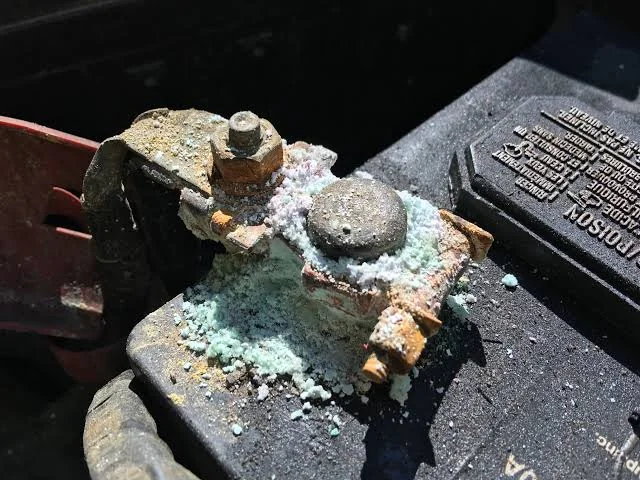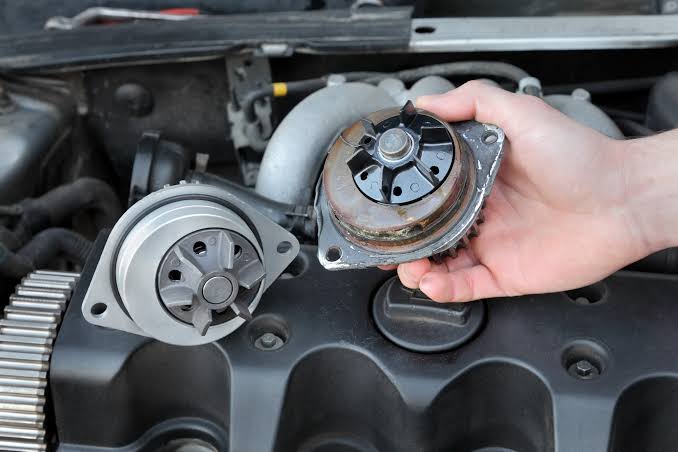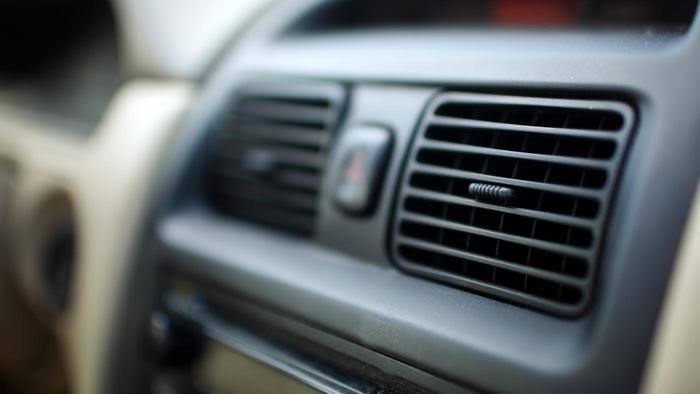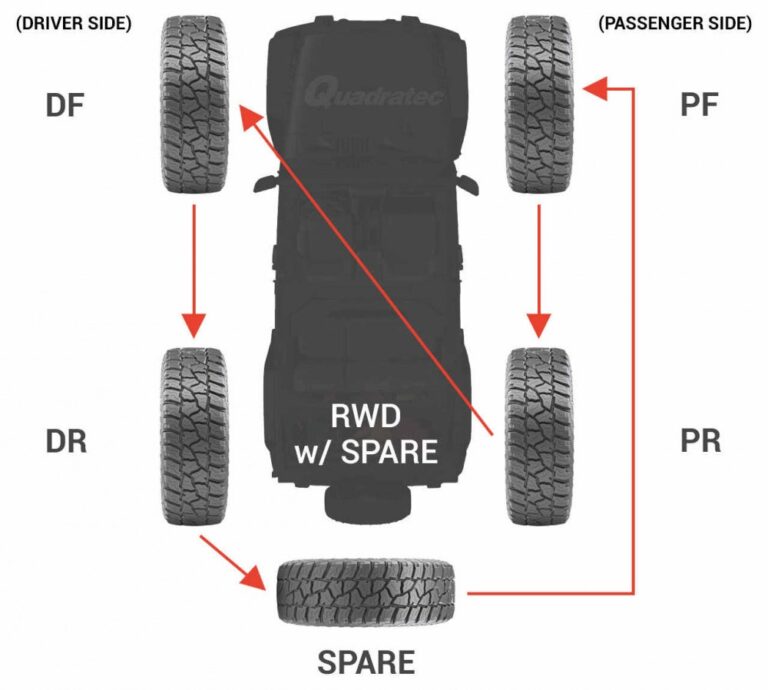Will New Spark Plugs Make a Difference?

Spark plugs are small but critical components in your car’s engine. They play an essential role in igniting the air-fuel mixture in the engine’s combustion chamber, which powers your vehicle. Over time, spark plugs can wear out, leading to various performance issues. If you’re considering replacing your spark plugs, you might wonder: will new spark plugs make a difference in your car’s performance? Let’s explore how new spark plugs can impact your vehicle.
What Do Spark Plugs Do?
Spark plugs create a small electrical spark in the combustion chamber of your engine, igniting the air-fuel mixture that powers the engine. This spark helps the engine run smoothly and efficiently. Without properly functioning spark plugs, your car may struggle to start, lose power, or experience poor fuel efficiency.
How Do Old or Worn Spark Plugs Affect Your Car?
Spark plugs degrade over time due to the constant electrical sparks they generate and the heat they endure. Some common signs that your spark plugs are worn out include:
- Poor engine performance: Misfires, rough idling, or hesitation when accelerating.
- Reduced fuel efficiency: Worn spark plugs may cause incomplete combustion, leading to wasted fuel.
- Difficulty starting the engine: If the spark plugs can’t generate a spark, starting the car may become challenging.
- Check engine light: A faulty spark plug can trigger an error code, which lights up the check engine light.
If your car shows any of these signs, it might be time for a spark plug replacement.
Will New Spark Plugs Improve Performance?
1. Smoother Engine Operation
New spark plugs can restore smooth engine performance. If your engine has been misfiring or running rough, fresh spark plugs can fix those issues by ensuring consistent and effective ignition. Your engine will run more smoothly, and you’ll notice a difference in acceleration and overall responsiveness.
2. Better Fuel Efficiency
Old spark plugs can cause incomplete combustion, which wastes fuel. By replacing the spark plugs, the combustion process becomes more efficient, which can improve your vehicle’s fuel economy. This means you may save money at the gas pump with new spark plugs.
3. Improved Engine Starting
If your car has been slow to start or you’ve been experiencing hard starts, new spark plugs can make a significant difference. Fresh plugs will provide a stronger, more consistent spark, which helps the engine fire up quickly and easily, especially in cold weather.
4. Reduced Emissions
Worn spark plugs can cause incomplete combustion, which leads to higher levels of pollutants being released into the atmosphere. Replacing spark plugs helps ensure that the air-fuel mixture burns more completely, reducing your car’s emissions and helping it meet environmental standards.
When Should You Replace Your Spark Plugs?
The recommended interval for spark plug replacement varies depending on your vehicle’s make and model, but most car manufacturers suggest changing spark plugs every 30,000 to 100,000 miles. Always consult your vehicle’s owner’s manual for the specific recommendation.
Signs that you might need new spark plugs sooner include:
- Difficulty starting your car.
- Engine misfires or rough idling.
- Reduced acceleration or power loss.
- Poor fuel efficiency.
If you experience any of these issues, it’s a good idea to inspect your spark plugs or take your car to a mechanic.
What Are the Benefits of Replacing Spark Plugs?
Replacing spark plugs at the recommended intervals can offer several benefits, including:
- Improved overall vehicle performance.
- Better fuel economy and less frequent visits to the gas station.
- Longer engine life due to optimal combustion.
- Reduced emissions and cleaner exhaust gases.
- Fewer repairs and lower maintenance costs in the long run.
Can I Replace Spark Plugs Myself?
Replacing spark plugs can be a DIY task if you’re comfortable with basic car maintenance. If you have the right tools and some mechanical know-how, it’s relatively straightforward. However, if you’re unsure, it’s always best to take your car to a professional mechanic who can replace the spark plugs for you.
Conclusion
Yes, new spark plugs can make a significant difference in your car’s performance. From smoother engine operation to better fuel efficiency and improved starting, replacing your spark plugs can help restore your car’s performance and prevent more costly repairs down the road. If your car is showing signs of poor performance or if it’s been a while since you’ve replaced the spark plugs, it’s a good idea to have them checked and replaced as needed.
Frequently Asked Questions (FAQs)
1. How often should I replace my spark plugs?
Most vehicles require spark plug replacement every 30,000 to 100,000 miles, depending on the type of spark plugs and your car’s make and model. Check your owner’s manual for specific recommendations.
2. What are the signs that my spark plugs need replacing?
Common signs include poor acceleration, difficulty starting the engine, engine misfires, rough idling, and reduced fuel efficiency.
3. Can bad spark plugs affect my car’s fuel economy?
Yes, worn spark plugs can cause incomplete combustion, leading to wasted fuel and decreased fuel economy. Replacing them can improve fuel efficiency.
4. How much does it cost to replace spark plugs?
The cost of replacing spark plugs can vary depending on your car’s make and model. On average, it can range from $100 to $300 for parts and labor.
5. Can I drive with bad spark plugs?
While it is possible to drive with worn spark plugs, it’s not recommended. Bad spark plugs can cause engine misfires, reduced performance, and potential damage to other engine components. It’s best to replace them as soon as possible to avoid further issues.
Also Check:
• Does Walmart Replace Spark Plugs?






One Comment